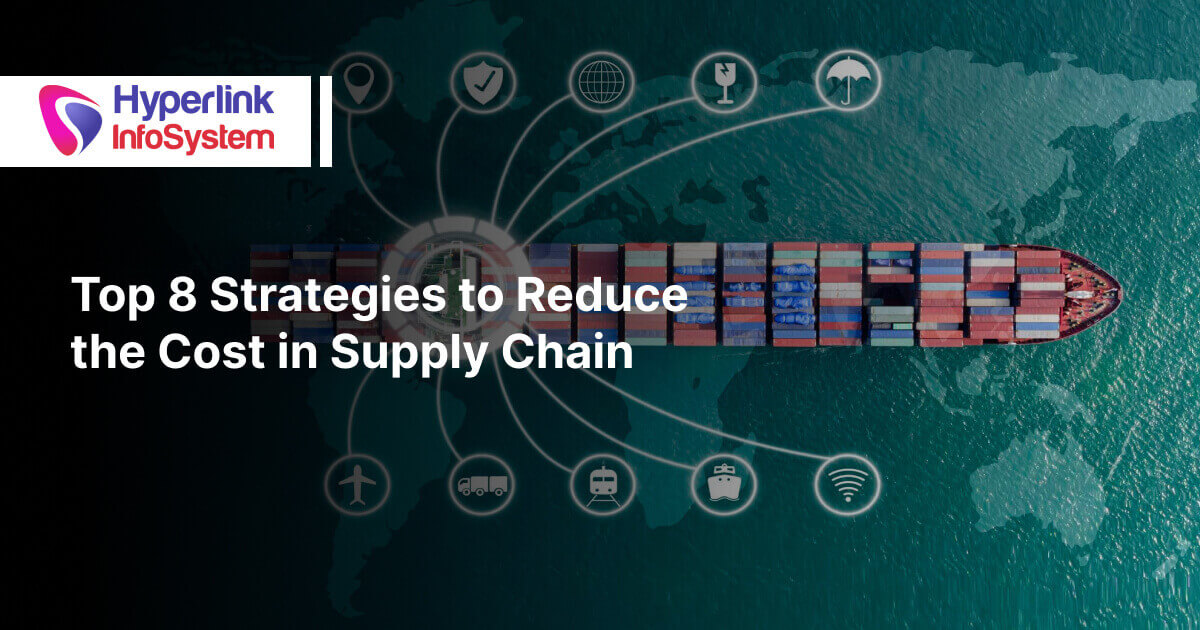Ruby on Rails Development
Why Choose Ruby on Rails For Web App Development
The development of complex web projects using frameworks is currently economically feasible using one of the following languages: PHP, Ruby, Python, Java, as well as on the basis of .NET. And each of the languages ??has more than one framework written in it.
Here, we consider the advantages of the Ruby programming language and the Ruby on Rails framework from the developer's point of view, everything is quite obvious here - they are quite powerful, convenient and developers love them.
From a business point of view, Ruby on Rails development is very effective for the following reasons:
- High development speed - projects on Rails are developed really faster than analogs in PHP, Python or Java, this is confirmed by our experience and the experience of our colleagues in the field. This is due to both the technical features of the framework architecture (for example, well-thought-out conventions simplify configuration) and development tools (console utilities and generators, ready-made libraries, extensions and modules). Development time is the Customer's money, the longer the development takes, the more expensive it is.
- Complex business logic is easier and more transparent to implement - the conventions of coding based on Rails allow you to write really understandable program code, which is easier to maintain and modify later in an adequate time frame. Compliance with the conventions and coding standards laid down in the framework makes the program code maintainable not only by the original developers but also by any other specialists. Alienability - the absence of attachment to the original developer - is a very important component of the project developed by the Customer by an external company, and not by its own.
- High reliability and maintainability of solutions - Rails development usually uses the TDD approach, and the toolkit supports ample testing capabilities, which makes the solutions created more stable and maintainable. The functionality of the framework itself is also covered with automated tests, which makes its use really reliable - you can be sure that nothing will break. For business systems, this component is extremely important - the efficiency of the business as a whole often depends on the stability of the application.
- Scalability, performance and high workloads - the framework is "sharpened" for the development of applications to which high availability requirements are imposed: Rails applications are perfectly deployed and run in server clusters or in "clouds". For web services, this is a very important criterion, since, for their own efficiency and attractiveness in the eyes of the user, they must have a serious uptime and a good speed of work.
- Competent Developers - The share of good Ruby programmers is much higher than in the PHP world. This, again, is based on collective experience - about 90% of applicants are eliminated at interviews for a PHP developer due to a low level of knowledge, for a Ruby programmer this indicator is significantly lower. The more competent the developers, the faster (cheaper) the project is developed and the more thoughtful, scalable and reliable it is.
Hyperlink InfoSystem develops complex websites and web applications using Ruby on Rails. This platform has proven itself very well in the segment of creating technically complex web projects that have serious requirements. We carry out a usability study for the design and development of your mobile application in such a way that the user experience is much more practical and intuitive.
Benefits of Ruby on Rails
One of Ruby's great things is that it makes it easy and quick to build web applications. The language fulfills this goal very well. Because of this, this language is much less of a pain to work with than many other programming languages.
Ruby is also open source and free to use. The language may be copied, changed, and redistributed. Because Ruby can be modified, programmers can make the necessary changes and code without limitation. Another advantage of Ruby is garbage collection, which is automatic memory management and cleanup. If the operating system allows, Ruby can load extension libraries dynamically.
One of the most noticeable advantages of Ruby is the ability to call methods and functions. Brackets, which are usually found in ways and processes of other programming languages, are not required here, especially if no arguments are required.
To speed up application development, Ruby can be used in conjunction with an IDE (Integrated Development Environment). In this way, a programmer can write, run, and debug programs with relative ease.
Other advantages of the language are:
- Ruby allows you to embed code. For example, Ruby can be embedded in Hypertext Markup Language (HTML).
- The language supports several programming paradigms, such as procedural programming, object-oriented programming, and functional programming, which makes it unique in the programming world.
- Libraries and packages are managed via the RubyGems central library management system.
- Easy to learn, especially for beginners.
- Great support from an active online community
Ruby was developed primarily as a universal scripting language that fully supports the various applications on a web server. The language is primarily used for web applications, standard libraries, servers, and other system utilities. Ruby has one of the great strengths of metaprogramming. Ruby is becoming increasingly popular with developers these days as new frameworks are provided for developing the application. This also helps with maintaining the code.
Hyperlink InfoSystem - A Leading Ruby on Rails Development Company In Canada
Hyperlink InfoSystem is a leading Ruby on Rails development company in Canada. With the development of tons of web apps with functionality ranging from simple to complex, we are best suited to develop apps for your company. We have experts in different aspects of Ruby on Rails development. Our attention to detail ensures that we excel in all our projects and have excellent customer ratings. We are always evolving, and we use the best technologies for every project.
Technologies We Work on
Process We Follow
1. Requirement Gathering
We analyze the requirements with the clients to understand the functionalities to combined into the app. This process allows us to form a development plan and transform the client's thoughts into an efficient and functional app.
2. UI/UX Design
Our developers use efficient UI trends to design apps that are not only pleasant to the eye but also intuitiveness and flexible. Our applications do not only complete the needs of our clients but also are simple and convenient to the end-users.
3. Prototype
We develop a preliminary visualization of what the mobile app would look like. This helps to generate an idea of the appearance and feel of the app, and we examine the users' reactions to the UI and UX designs.

4. Development
Our team of experts in Native, Hybrid, and Cross-Platform app development, using languages such as Swift, Kotlin, PhoneGap, Ionic, Xamarin, and more to produce high-quality mobile apps for the various operating systems.
5. Quality Assurance
We have a team of developers who carefully test every app to ensure that they provide an excellent user experience and meet the requirements of our clients. Apps developed by our development team are bug-free because they perform through a series of experiments before deployment.
6. Deployment
We follow the best practices when deploying our apps on different app stores, where they can be easily noticeable to considered users.
7. Support & Maintenance
All digital solutions need development. The deployment of an app is not the ultimate stage. Even Post-deployment, we work with our clients to offer maintenance and support.
Process We Follow
Latest Blogs
Explore the Latest Blogs on Trends and Technology.
 +1 309 791 4105
+1 309 791 4105

























































 +91 8000 161161
+91 8000 161161
